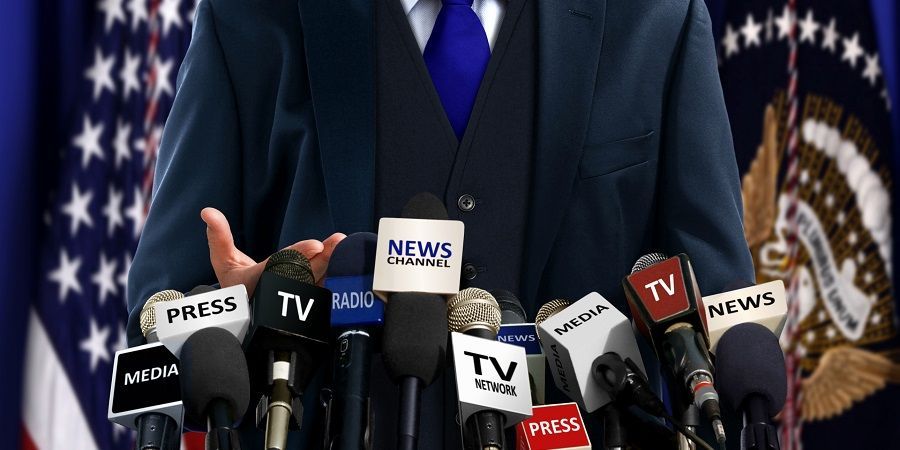"I think Russia has begun to see many more indications that Iran is engaging in threatening behavior. Certainly these last incidents seem to confirm that. And, finally, the Russians were very supportive of our sanctions against North Korea. President Medvedev said in this room that sanctions may not be preferable, but they may be inevitable."
--Secretary of State Hillary Clinton, Sept. 27, 2009
"I don't have any doubts about Russian concern about the Iranian behavior at this point. I have no doubts about their concerns about it and their desire to do something about it."
--Then-Secretary of State Condoleezza Rice, Nov. 9, 2007
"The president will stress our strong conviction that any nuclear cooperation with Iran poses very serious risks for Russia, poses most serious risks for undermining the Middle East peace process, interferes with our aim to stop nuclear proliferation, and the point we'll be making most firmly, it's in Russia's own interest to cease this nuclear cooperation with Iran."
--Then-Secretary of State Warren Christopher, May 4, 1995
"There are many voices in Russia who want to shift the emphasis in Russia's interaction with America and our allies from one of partnership to one of assertiveness, opposition and defiance for its own sake. If that happens, it would be a double disaster for Russia. . . . After all, Russia needs an effective non-proliferation regime -- and it does need to see that nations like Iran do not acquire nuclear weapons or missiles that can hit its territory."
--Then-Secretary of State Madeleine K. Albright, Oct. 2, 1998
"I think the threat assessment on the Russian side is not that dissimilar from ours. And indeed, many of our Russian interlocutors have said 'We have absolutely no interest in an Iran, for example, that has a ballistic missile capability associated with a nuclear capability that would pose a direct threat to us.' "
--Then-Undersecretary of State for Arms Control and International Security Affairs John R. Bolton, March 29, 2002
If you heard Secretary of State Hillary Clinton suggest last Sunday that the Russians are beginning to come around to the U.S. way of thinking on Iran, it may have sounded familiar. For more than a decade, U.S. officials have been patiently explaining to the Russians that their interests are the same as ours in preventing Iran from building nuclear weapons. For just as long, U.S. officials have been telling themselves that the Russians are starting to get it. Maybe this time it will turn out to be true. The U.S. logic is, as always, irrefutable: Russia's standing as a nuclear power is diluted every time another country goes nuclear. Iran is particularly, uncomfortably, close. And given Russia's restive Muslim population in the Caucasus region, closer to Iran than to Moscow, Russia's leaders should be especially leery of a revolutionary Islamic regime getting the bomb.
So far, however, the actions of Russia's leaders have suggested that they don't see things exactly as Americans believe they should. They consistently have dangled the possibility of cooperation with the United States while simultaneously undermining alliance unity and maintaining their connections to the Iranian regime. So it might be worth entertaining other theories about Moscow's logic. It might be, for example, that Russia understands the value of keeping Iran nuclear-free, but values even more the fruits of its commercial and military trade with Iran.
It might be that Russia believes that the stalemate status quo is pretty close to ideal. Iran can be delayed in its progress toward nuclear status but also prevented from normalizing relations with the United States and the West. And as long as those relations are sour -- and the West won't buy Iran's natural gas -- Russia's leverage over Europe, as Europe's main gas supplier, is enhanced. Perhaps Russian leaders are not united on the question. In the early 1990s, Clinton administration officials persuaded themselves that President Boris Yeltsin accepted their Iran logic but that he wasn't strong enough to control his nuclear-industrial complex, which wanted trade with Iran. Today the theory is different: Russian President Dmitry Medvedev may see the light but is stymied by Prime Minister Vladimir Putin.
Or maybe the Russians accept the logic -- but don't believe Iran can be dissuaded. In that case, their smartest policy would be to hold out hope to the Obama administration that they can be brought along -- thereby continuing to win U.S. concessions on other matters for as long as possible -- while seeking a privileged position in Tehran for the day when Iran goes nuclear. Their smartest policy, in other words, would look very much like the one we're seeing today.














